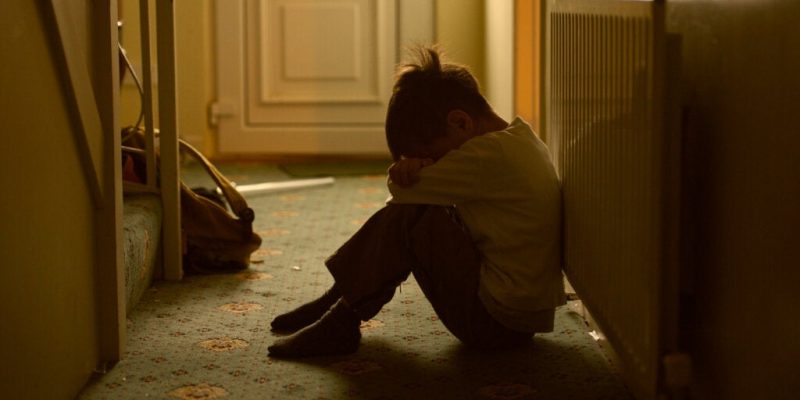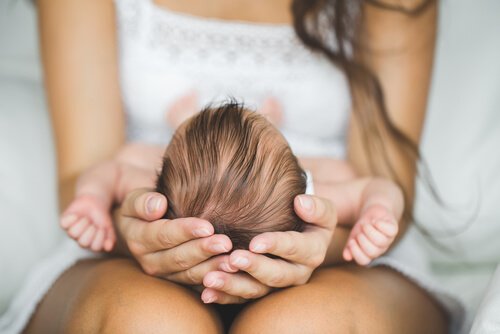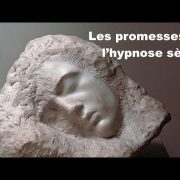Psychologist and psychoanalyst, John Bowlby (February 26, 1907 – September 2, 1990) believed that early childhood attachments play a critical role in a child’s later development and mental functioning.
His work contributed to the development of attachment theory. This is the idea that children are born with the need to seek and remain close to parental figures or those responsible for their care, for the purposes of their own survival.
Biography of John Bowlby
John Bowlby was the son of Sir Anthony Alfred Bowlby, surgeon of the royal house, and Mary Bridget Mostyn. He was the fourth of six brothers. The family belonged to the bourgeois high society of the 20th century. At that time, the higher classes used to leave the little ones in the care of nannies. In fact, Bowlby himself was looked after by a nanny named Minnie for a long time. Consequently, he had little contact with his mother.
However, when John was four, Minnie left. Her departure caused him great suffering coupled with a sense of loss. Furthermore, the next nanny was a colder and rather sarcastic character.
John’s father went to fight in World War I which meant he was largely absent from his son’s life. At the age of seven, John was sent to boarding school. This set of events caused him such pain that they later led him to work on subjects such as bonding, separation anxiety, and fear of loss in minors.
Studies and preparation
After several years at boarding school, he went on to study at Dartmouth Naval College. Then, he started to study medicine at the University of Cambridge. However, he was far more interested in the subject of mental health. Therefore, he abandoned his medical studies and began a career in psychology at Trinity College (also Cambridge University).
He was mainly interested in childhood and the developmental period. To this end, after graduating, he conducted various studies on delinquent and maladjusted children. In fact, he observed that they often came from broken families or had suffered abuse.
In 1937, the British Psychoanalytical Society accepted Bowlby as a psychoanalyst. Melanie Klein trained him in child psychoanalysis and he began to analyze minors. He focused on environmental factors, upbringing, and the relationship between the mother-child figure.
That same year, he accepted a proposal to preside over Trinity College. However, he was recruited for World War II to work as a lieutenant colonel in the medical corps.
The beginnings of attachment theory
As the following article, published by the Review of General Psychology affirms, John Bowlby is ranked as one of the 100 most eminent psychologists of the 20th century. The reason for this was largely due to his earlier work with children. From that point on, he developed a great interest in the subject of child development.
Bowlby was especially interested in how the separation of caregivers affected children. After conducting many studies, he began to develop his ideas about the importance of attachment in child development.
In 1949, the WHO commissioned Bowlby to write a report on the mental health of homeless children in Europe. After the publication of this influential report, he continued to develop his attachment theory.
This theory suggested that the earliest bonds formed by children with their caregivers continue throughout life. It claims that attachment improves a child’s chances of survival.
John Bowlby’s research on attachment and child development has left a significant mark on the fields of psychology, education, child care, and parenting. In fact, scholars, such as María Eugenia Moneta have expanded on his research to develop clinical treatment techniques and prevention strategies.
Bowlby’s contribution to psychology
We hope that this biography of John Bowlby has helped you learn a little more about this eminent figure in the field of psychology. Without a doubt, his work meant a transgressive change to the way in which professionals viewed the importance of staying with the family during childhood. Indeed, he left a legacy that, to this day, remains highly relevant in any type of research in the field of child psychology.
The post John Bowlby: Biography of the Founder of Attachment Theory appeared first on Exploring your mind.



















Comments